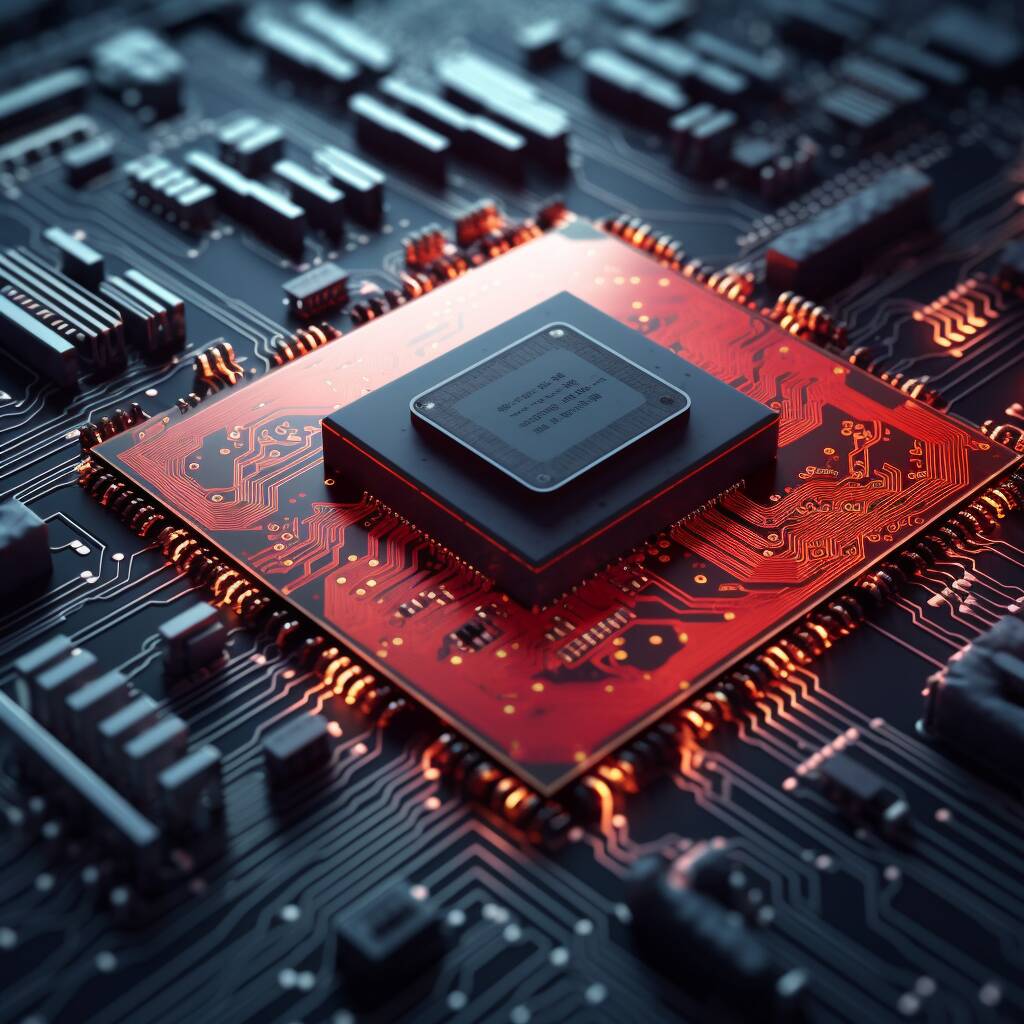Nexperia Left Off Subsidies List As Germany Chips Away At Chinese Connection

Germany appears to have been the big winner from the EU's newly announced chip project, picking up about half of the public funding on offer. But one company not winning is chipmaker Nexperia, which has reportedly been refused subsidies by the German authorities because of its China connection.
The European Commission yesterday unveiled an initiative to help support the semiconductor supply chain, involving 56 companies and 68 projects across the EU in the microelectronics and communication technology industries.
Funding for this amounts to €8.1 billion ($8.7 billion) coming from EU member states, with the expectation that an extra €13.7 billion ($14.7 billion) will come from the private sector.
However, Germany looks set to pick up about €4 billion of that €8.1 billion, according to the country's Federal Ministry for Economic Affairs and Climate Action, meaning that subsidies are likely to reinforce Germany's industrial dominance within the EU as much as provide the bloc with self-sufficiency in semiconductors.
Reuters reports Economy Minister Robert Habeck as saying that the funding is being allocated to companies involved in 31 microelectronics projects across 11 federal states, and that these will "strengthen Germany as a microelectronics location across the board and are an important industrial policy milestone."
It turns out that this could have been 32 projects, but the Ministry for Economic Affairs itself removed semiconductor manufacturer Nexperia from the list of companies to receive subsidies, according to a report published in German business paper Handelsblatt.
- EU greenlights billions for microelectronics under Chips Act
- Europe vows it won't let US and Asia treat it as a source of museum-grade chip tech
- TSMC and pals dream of €10B German chip fab
- GlobalFoundries, STMicro snag €7.4B in EU money for French fab project
Nexperia is a Netherlands-based company, but the majority of its semiconductor output comes from a fabrication plant at Hamburg in Germany. The company was acquired in 2018 by China-based Wingtech Technology, which is alleged to have links to the Chinese government, and it appears that this was the reason for it being removed from the subsidy list.
According to Handelsblatt, the decision was made "at the highest level" in the Ministry, despite widespread opposition to Nexperia being dropped. Habeck and those around him believed that a company with links to China should not receive German state subsidies, especially when it comes to key technologies such as semiconductors.
Nexperia has not officially been informed of any reason for a refusal of subsidies, according to the report.
A company spokesperson told us:
"We have taken note of the announcement and are disappointed that our project is not listed, as it meets all conditions and as it has successfully passed previous reviews. Moreover, we have not received an official notification of a rejection at this point. Nexperia has made continuous investments in its historical Hamburg site, serving partners and customers across the German and European industrial ecosystem, and employing more than 1,600 people. Please understand that we cannot make any further statements at this time."
Nexperia faced a similar backlash in the UK over its ownership of the Newport Wafer Fab in Wales, which is the country's largest semiconductor manufacturing facility.
The company acquired Newport Wafer Fab for £63 million ($75 million) in 2021, but last year the UK government used its powers under the National Security and Investment Act (NSIA) to order Nexperia to reverse the deal, citing security concerns.
Nexperia said at the end of last year that it was seeking legal assistance in order to challenge the government's decision in a judicial review, and warned that the plant may become commercially unviable if the sale was forced to go ahead. As of last month, the company was still awaiting the outcome of that process. ®
From Chip War To Cloud War: The Next Frontier In Global Tech Competition
The global chip war, characterized by intense competition among nations and corporations for supremacy in semiconductor ... Read more
The High Stakes Of Tech Regulation: Security Risks And Market Dynamics
The influence of tech giants in the global economy continues to grow, raising crucial questions about how to balance sec... Read more
The Tyranny Of Instagram Interiors: Why It's Time To Break Free From Algorithm-Driven Aesthetics
Instagram has become a dominant force in shaping interior design trends, offering a seemingly endless stream of inspirat... Read more
The Data Crunch In AI: Strategies For Sustainability
Exploring solutions to the imminent exhaustion of internet data for AI training.As the artificial intelligence (AI) indu... Read more
Google Abandons Four-Year Effort To Remove Cookies From Chrome Browser
After four years of dedicated effort, Google has decided to abandon its plan to remove third-party cookies from its Chro... Read more
LinkedIn Embraces AI And Gamification To Drive User Engagement And Revenue
In an effort to tackle slowing revenue growth and enhance user engagement, LinkedIn is turning to artificial intelligenc... Read more

